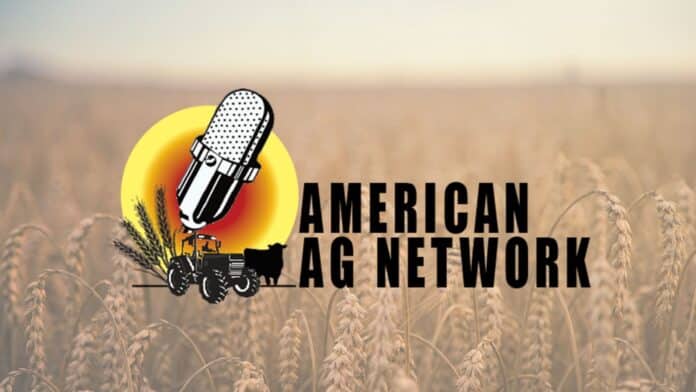BISMARCK — U.S. Senator Kevin Cramer (R-ND), member of the Senate Environment and Public Works (EPW) Committee, issued the following statement after the U.S. Environmental Protection Agency (EPA) finalized a rule expanding methane regulations.
“The Biden administration has piled on another massive regulatory burden designed to encumber and even shut down American energy production. I led all of my Republican colleagues on EPW in warning the EPA its proposal oversteps their authority with third-party enforcement, disregards foundational principles of the Clean Air Act, establishes duplicative well-plugging requirements, and forces new burdens on small, independent producers. There’s no good time for a terrible rule, but this seems like a crude joke in the wake of heightened geopolitical tensions and global oil instability caused by OPEC.”
In April, Senator Cramer led Republican members of the Senate EPW Committee in a letter to EPA Administrator Michael Regan against the rule. In the letter, the senators outlined impending consequences of the rule and asked the EPA Administrator to engage with producers, as well as listen to the states that would bear the brunt of these regulations.
The letter was supported by stakeholders such as the North Dakota Petroleum Council; American Petroleum Institute; Independent Petroleum Association of America; American Exploration and Production Council; Domestic Energy Producers Alliance; Western Energy Alliance; and the U.S. Oil and Gas Association.
In July, Senator Cramer, Senator John Hoeven (R-ND), and Congressman Kelly Armstrong (R-ND) sent a letter to EPA Administrator Regan, highlighting North Dakota’s concerns and calling for the EPA to withdraw or significantly revise the proposed regulation. The Congressional Delegation highlighted the rule’s restrictive approach to flaring associated gas, impacts on small producers, and conflicts with state regulatory programs which would be saddled with additional costs.
North Dakota’s industry captures 95 percent of natural gas associated with crude oil production and flares the remainder, which eliminates 98 percent or more of the methane. State regulations focused on innovation have driven greater natural gas capture and reduced methane emissions. A number of troubled gas capture areas in North Dakota are surrounded by federal lands where timely right-of-way approvals are challenging for pipelines to be constructed. Senator Cramer has called on the administration to implement provisions of the Infrastructure Investment and Jobs Act to categorically exclude certain energy-related infrastructure projects from the National Environmental Policy Act on public and applicable Indian lands to prevent wasteful venting or flaring of natural gas.


